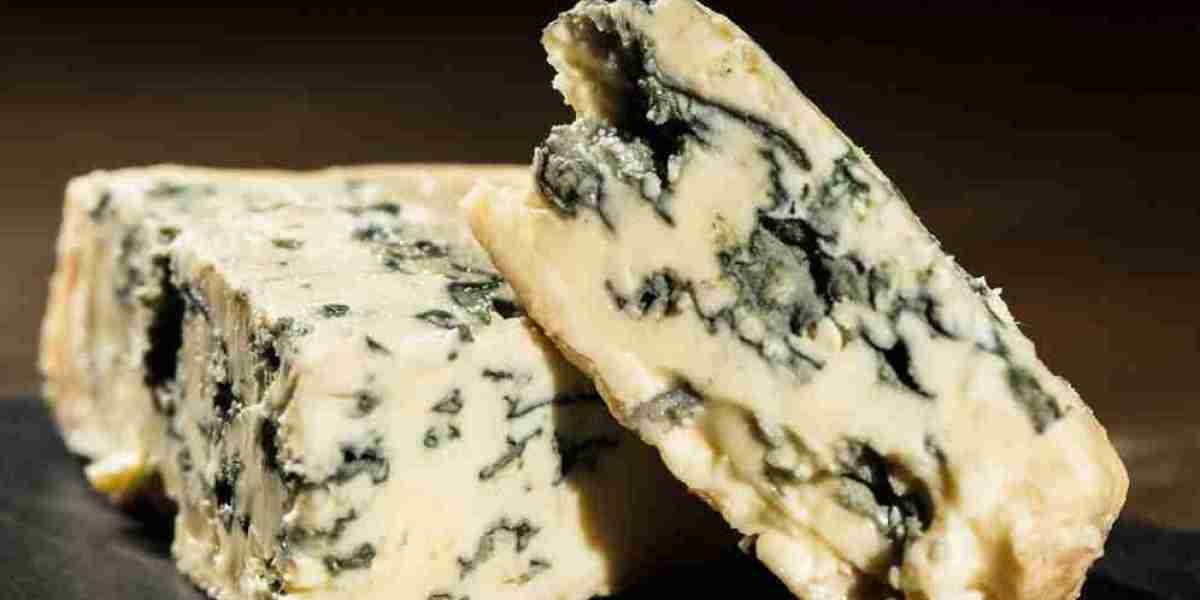The blue cheese market has the growing popularity of plant-based diets that presents significant opportunities, as consumers increasingly seek out dairy-free alternatives. With more individuals adopting plant-based, vegan, or lactose-free diets due to health concerns, ethical reasons, or environmental considerations, the demand for plant-based alternatives to traditional dairy products, including blue cheese, is on the rise. This trend opens up new avenues for innovation, growth, and market expansion within the blue cheese sector.
One of the most compelling reasons behind the rise of plant-based blue cheese alternatives is the increasing awareness of lactose intolerance and dairy allergies. As more consumers are diagnosed with lactose intolerance or choose to avoid dairy for health reasons, there is a growing need for products that mimic the taste, texture, and sensory experience of traditional blue cheese without using animal-based ingredients. These plant-based alternatives are typically made from ingredients like cashews, almonds, coconut oil, soy, and other plant-based proteins, allowing consumers to enjoy a similar flavor and creamy texture as they would with dairy-based blue cheese.
Several plant-based brands have already entered the market, offering blue cheese alternatives that cater to the growing vegan and dairy-free consumer base. Companies such as Violife, Miyoko’s Creamery, and Daiya are leading the charge in producing dairy-free cheeses, including blue cheese varieties. These brands focus on creating products that replicate the signature tangy, creamy, and crumbly texture of traditional blue cheese while meeting the dietary needs of plant-based consumers. By using innovative fermentation techniques, these companies are able to develop blue cheese alternatives that offer complex flavors and textures that closely resemble their dairy counterparts.
Beyond health and dietary considerations, many consumers are choosing plant-based products for ethical and environmental reasons. The environmental impact of animal agriculture, particularly dairy farming, has become a major concern for eco-conscious consumers. Dairy farming contributes to greenhouse gas emissions, deforestation, and water pollution, prompting many individuals to look for plant-based alternatives as a way to reduce their ecological footprint. Plant-based blue cheese alternatives, which typically require fewer resources to produce, present a more sustainable option, appealing to consumers who are concerned about the environment.
The growing availability of plant-based blue cheese alternatives also creates opportunities for retailers to tap into new customer segments. As more consumers turn to online shopping for specialty food products, retailers can reach a wider audience by stocking a variety of plant-based cheeses alongside traditional dairy options. This helps meet the increasing demand for diverse, high-quality products that cater to various dietary preferences. Additionally, the rise of plant-based eating in mainstream grocery chains and restaurants has paved the way for plant-based blue cheese alternatives to become more widely accessible, making it easier for consumers to find and incorporate these products into their meals.
In conclusion, the blue cheese market stands to benefit significantly from the growing popularity of plant-based alternatives. As consumers continue to seek out dairy-free, vegan, and environmentally sustainable options, there is a strong opportunity for innovation in plant-based blue cheese production. By developing high-quality, flavorful, and accessible alternatives, companies can cater to the expanding market of health-conscious and eco-aware consumers, positioning themselves for success in an increasingly competitive and dynamic food industry.




